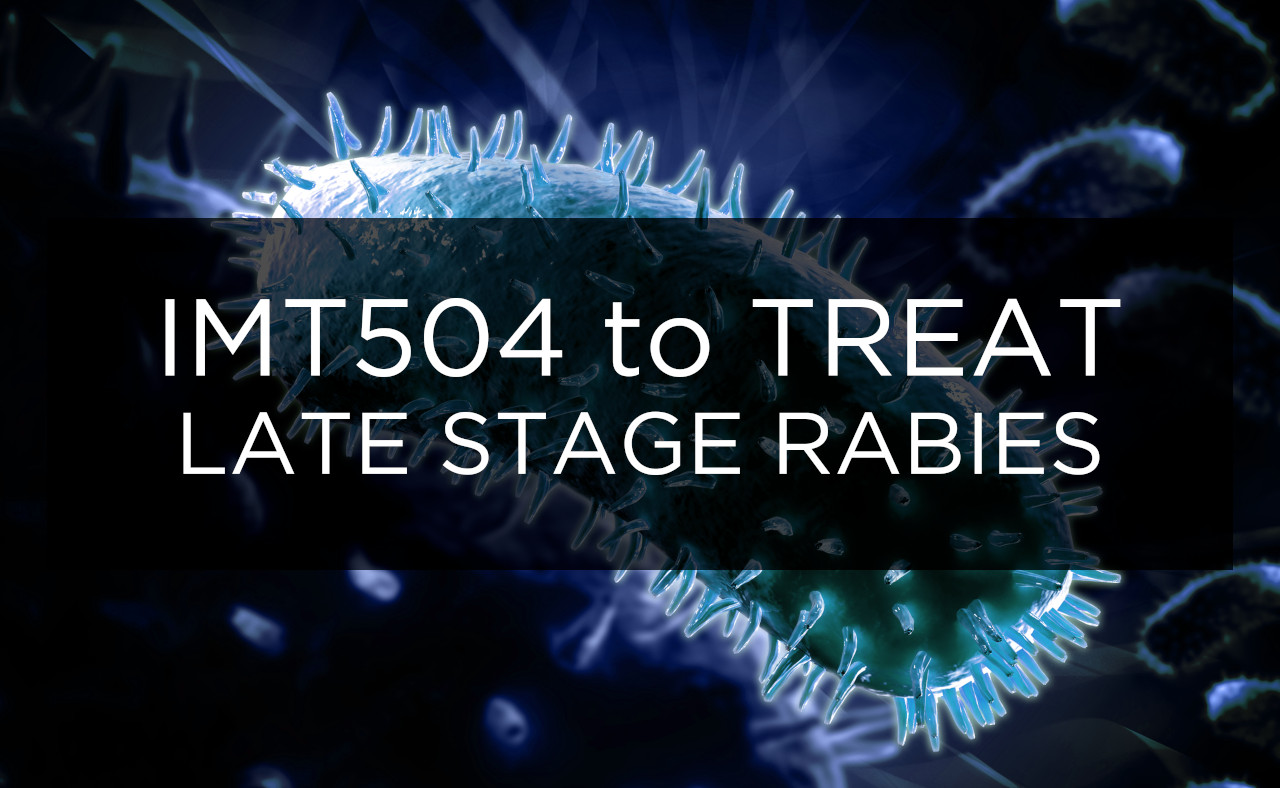Pipeline
Curative Biotechnology, Inc.
Curative Biotech currently has programs in 3 different therapeutic areas

Degenerative Eye Disease

Neuro Oncology

Infectious Disease
Candidate |
Therapeutic Area |
Indication |
Manufacturing |
IND Supporting Non-clinical Studies |
Rare / Orphan Disease Eligible |
Pathway |
Two-Year Inflection Point Milestone |
|---|---|---|---|---|---|---|---|
| IMT504 | Infectious Disease | Rabies |

|
possible accelerated | FDA Marketing Approval | ||
| COVID Vaccine with IMT504 Adjuvant | Infectious Disease | COVID 19 in Kidney Failure Patients | operation warpspeed | FDA Approved Phase I / II IND | |||
| CUBT906 - CD56 Monoclonal Antibody ADC | Oncology | Glioblastoma |
       |
       |
possible accelerated | FDA Approved Phase I / II IND | |
| Metformin Reformulation | Degenerative Eye Disease | Age-Related Macular Degeneration |
       |
       |
       |
505(b)(2) eligible | Completion of Phase I / II Trial |
